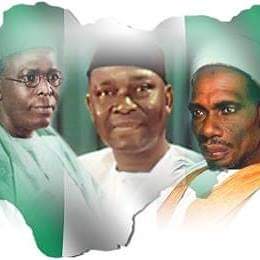Nigeria is a country located in West Africa that boasts a diverse population made up of over 250 ethnic groups. This diversity is reflected in the country’s rich culture, which encompasses everything from music and art to food and fashion.
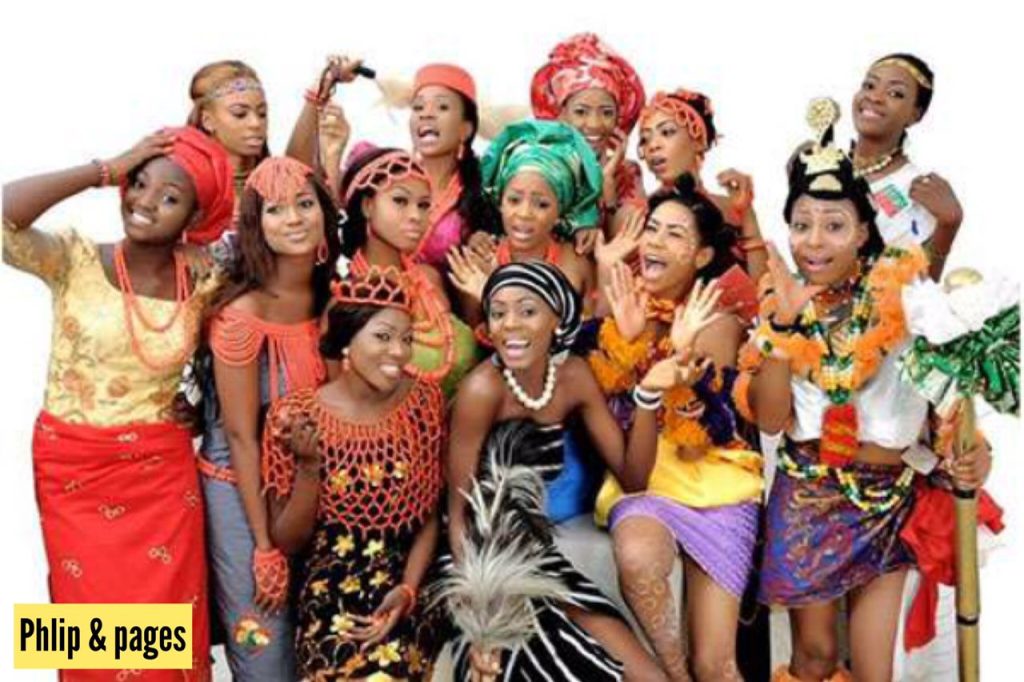
One of the most prominent aspects of Nigerian culture is its traditional music. The country has a long history of musical expression, with many different styles and genres originating from various regions around the country. Some popular styles include Juju music, Afrobeat, Highlife, Fuji music, among others.
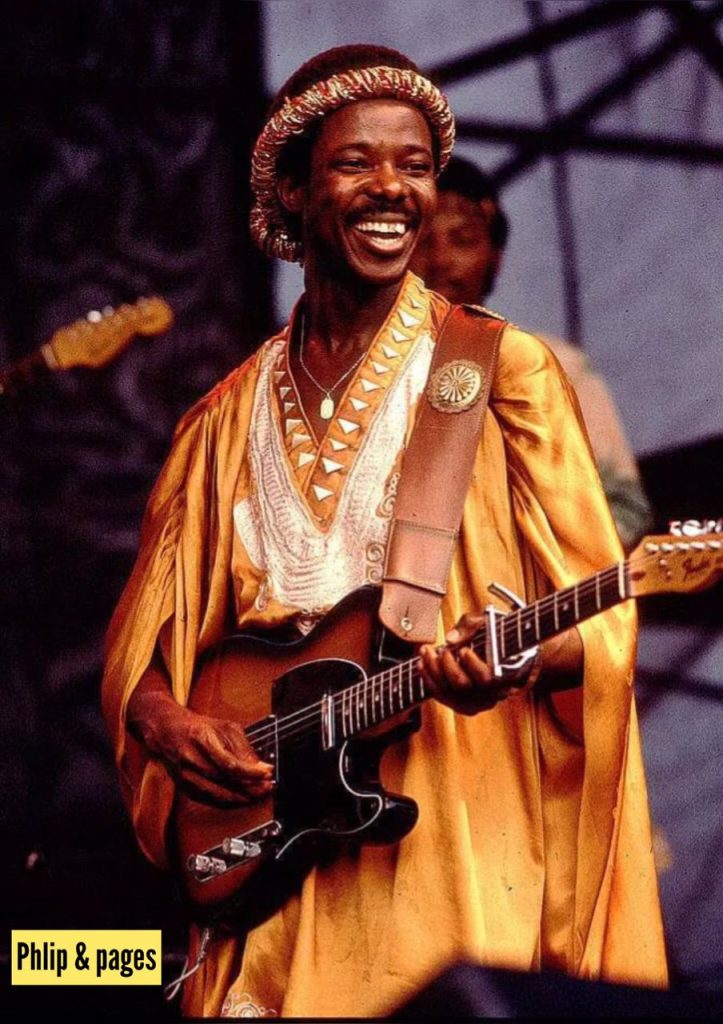
Another important aspect of Nigerian culture is its vibrant fashion scene. Nigeria has produced some world-renowned designers such as Deola Sagoe who showcase their unique style on international platforms such as New York Fashion Week. The colorful attire worn by Nigerians reflects the cultural values held dear by each ethnic group.
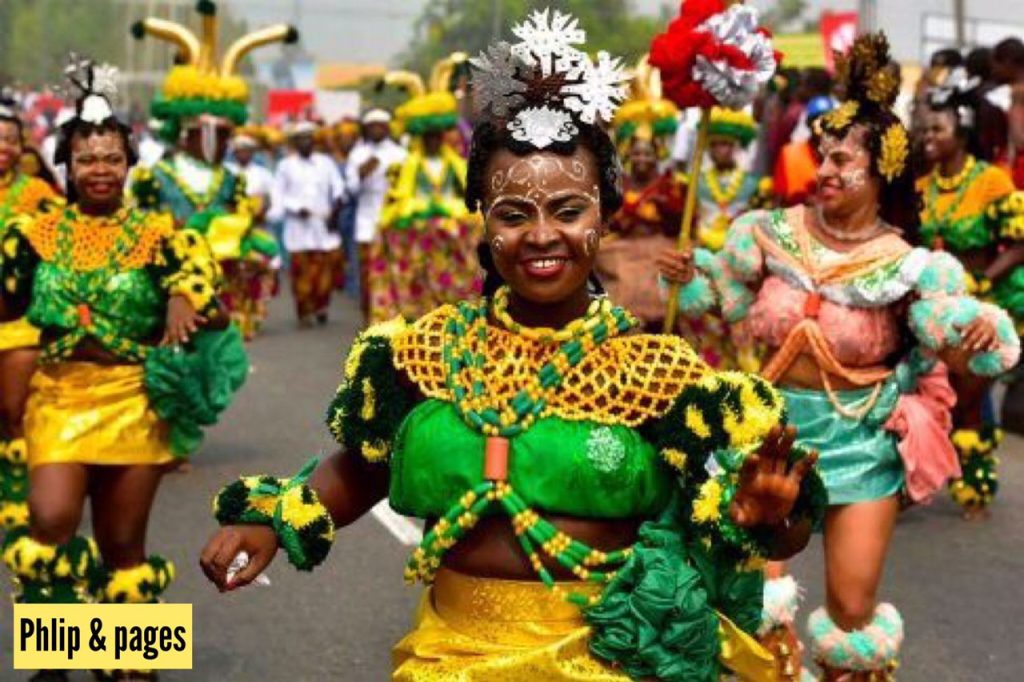
Food also plays an integral role in Nigerian culture. Each region has its own distinct cuisine characterized by bold flavors and spices such as Jollof rice – a spicy rice dish served with meat or fish; Efo Riro – vegetable soup eaten with pounded yam or amala; Suya- grilled beef skewers marinated in spices amongst others.
In terms of religion, Nigeria has a mix of Christianity (about half) , Islam (about one-third), while about one-tenth practice traditional religions like Ifa worshipper amongst others . However religious tolerance exists between people allowing peaceful coexistence despite differences.
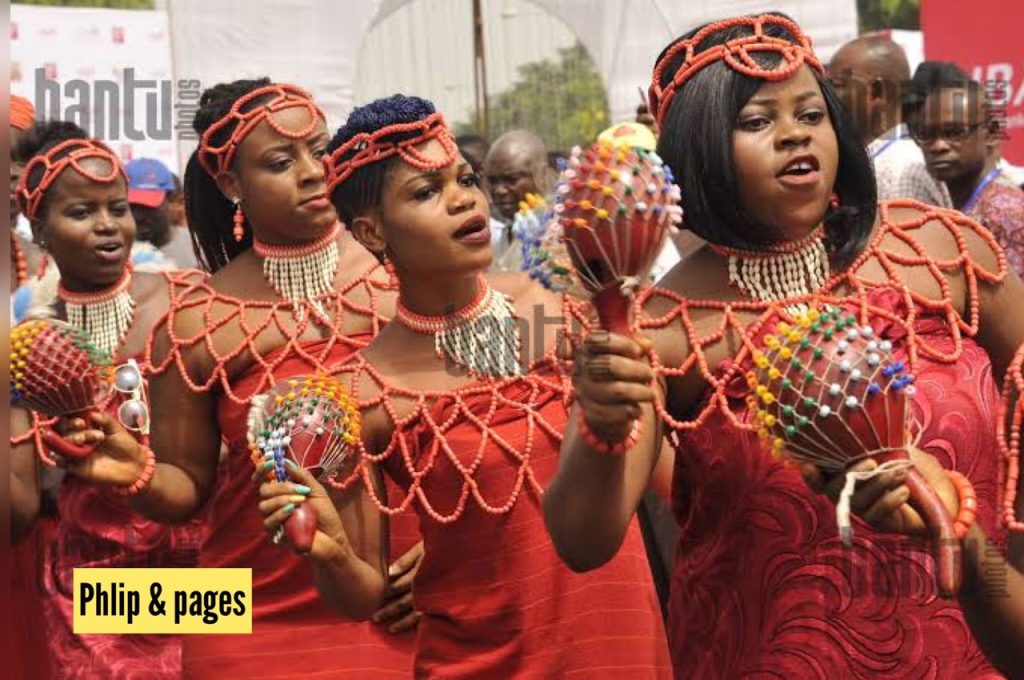
Despite these differences however , there are plenty things that unite Nigerians: sports being one especially football which draws large crowds during local league matches across all states .
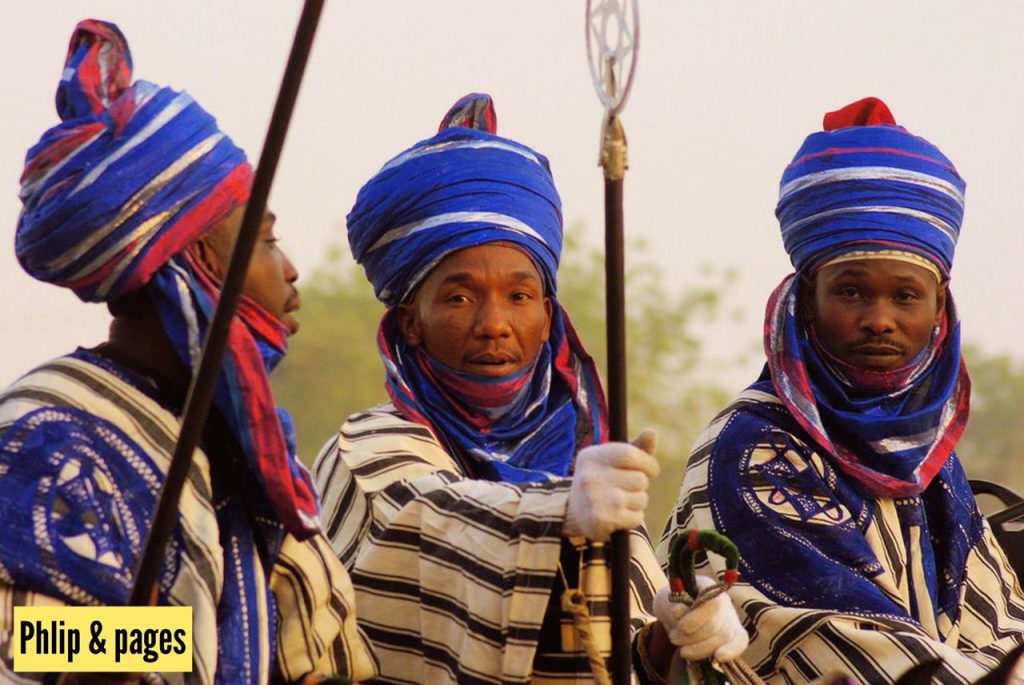
In conclusion, Nigeria’s cultural diversity makes it an interesting destination for tourists seeking new experiences but also presents challenges requiring mutual respect between people regardless ethnicity or religion to foster national unity .


